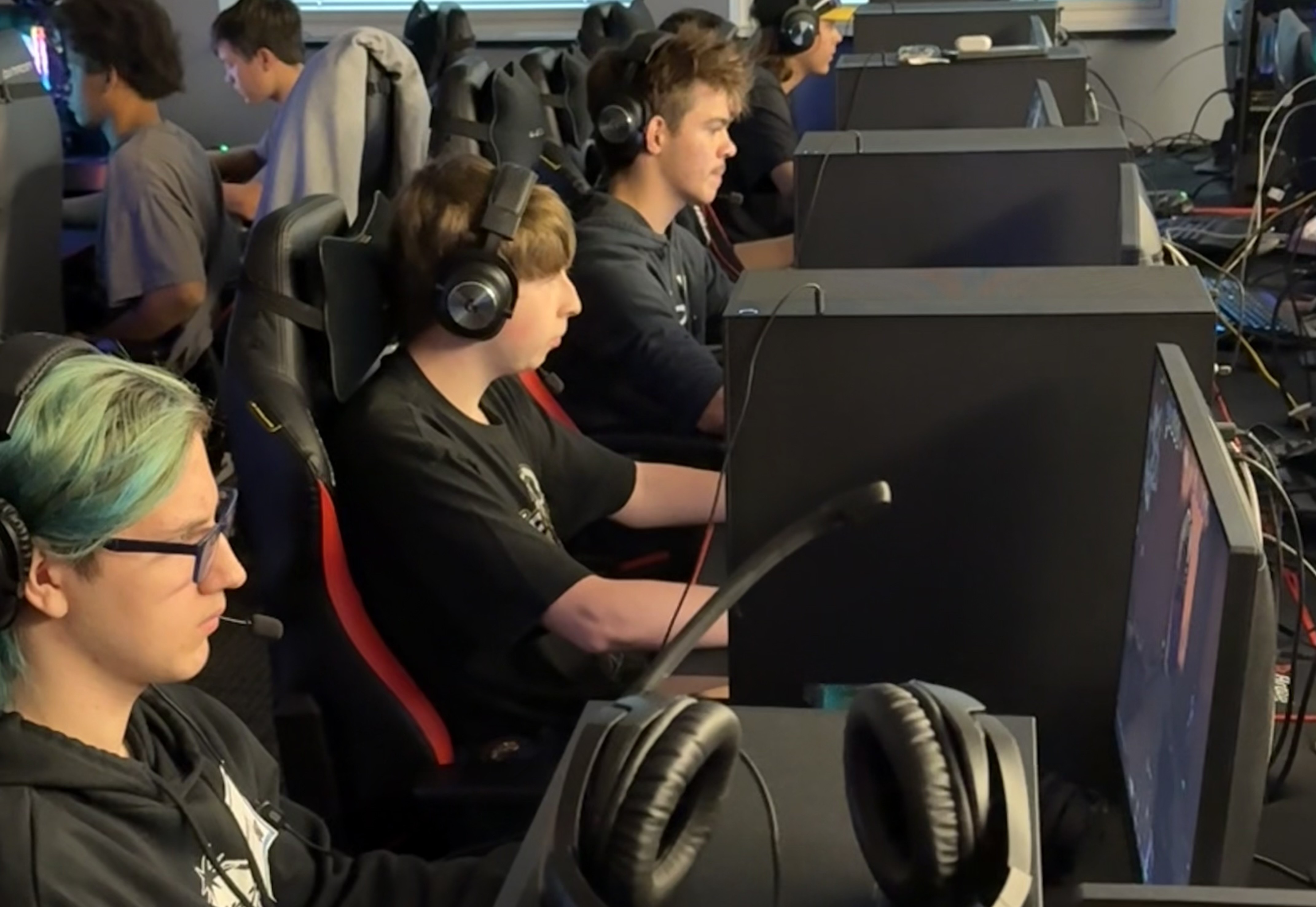DAILY INSIGHT: Framework of Essential Skills for the K-12 CTO, part I
By Angie White
In this blog we will examine the first two groupings of essential skill areas from the Framework of Essential Skills for the K-12 CTO, developed by the Consortium for School Networking—leadership and vision, and understanding the educational environment. This framework provides a context in which to place the key practices of effective servant leaders and the new success factors of boundaryless organizations discussed in my previous blog.
Leadership and Vision
- Work closely with the executive team and stakeholders to develop a shared vision of meaningful/effective uses of technology
As a technology leader, I hold meetings to inform the community about the importance of technology to prepare students to be college and career ready in a technology-rich society. I work with stakeholders to design and conduct needs assessments that will inform our district as to where we are now and what priorities should be in place. Developing a shared vision with all stakeholders (community, business, parents, students and staff) involves the use of the servant leader practice of Listening. The Listening process may also take the form of focus groups, discussion groups and/or surveys. When stakeholders have made a direct contribution to the process they are more likely to feel ownership in the project and be committed to its success.
- Facilitate understanding/vision of how technology helps meet district goals
Within the district, all stakeholders know the technology goals and the measures that will determine if those goals have been met. The vision and the goals focus on improved student learning and achievement and teacher effectiveness.
The technology leader should not be the only one driving this vision. You will have a much great impact if you work with colleagues than by working alone. Have a strategic view across the school system and work with instructional and technical teams to transform the technology vision into a long-range plan, complete with goals, objectives, and action plans. Working with instructional and technical teams necessitates the use of the servant leader practice of Listening.
In our district, collaborating with these teams often takes the form of discussion or focus groups. The task of transforming the technology vision employs the practices of Self-Awareness, Inverting the Pyramid and Unleashing the Energy and Intelligence of Others. Transformation can be defined as changing something dramatically and completely. This is not a simple task and technology leaders should be aware that they might not have the knowledge or ability to complete the transformative process alone. Consequently, I have found that having a team of leaders (inverted pyramid) with whom to test and share ideas to be greatly beneficial. Similarly, I use the knowledge and expertise of others throughout this process.
Tools and ideas to transform education. Sign up below.
The success factors related to this skill area are Flexibility and Integration. Much like the practice of Changing the Pyramid, Flexibility allows for the necessary movement of people and information within the district to accomplish strategic plans. Similarly, Integration allows for the formation of ad hoc teams with members from various departments to plan and implement technology projects within the long-range plan.
- Oversee social, legal and ethical technology use throughout the district
Oversight is ultimately the responsibility of the technology leader. However, by exercising the practice of Inverting the Pyramid, I have a team of leaders working with me in the oversight of district technology use.
Understanding the Educational Environment
·Coordinate ongoing, purposeful professional development for all staff and implement/ assess emerging technologies
Technology leaders and stakeholders should design and implement professional development plans so that teachers have the knowledge and skills to successfully implement technology. Coordinating professional development for all staff employs the servant leader practice of Developing Your Colleagues. Assessing emerging technologies may require the practice of Self-Awareness. Depending on the technology leader’s expertise or experience, s/he may not have the knowledge or ability to properly assess emerging technologies. Consequently, the technology leader may need to utilize the practice of Unleashing the Energy and Intelligence of Others to have colleagues assist in the assessment and possible implementation of emerging technologies. The servant leader practice of Foresight may also come into play, as technology leaders must use intuition in making decisions regarding adoption and use of emerging technologies.
The success factors for this skill are Speed and Flexibility. Emerging technologies are by definition new and developing. Successful organizations are able to quickly acquire, test and implement new technologies to remain on the cutting edge. Likewise, Flexibility requires that colleagues acquire new skills and do multiple jobs. These new skills are learned through professional development opportunities that I must ensure are provided on an ongoing basis.
·Support cross-functional teams
Supporting cross-functional teams requires the use of the Coaching, Not Controlling practice. It is my responsibility to coach my colleagues as I assist them in understanding the district’s mission and their role in fulfilling it. I also utilize the practice of Unleashing the Energy and Intelligence of Others as I use my colleagues in the support process of these cross-functional teams.
The skill of supporting cross-functional teams is related to the success factor of Integration. Department specialists or colleagues from across departments collaborate on projects and initiatives in a successful district. Horizontal boundaries are broken with this kind of collaboration.
·Build relationships with stakeholders to determine requirements/expectations/preferences
Working with stakeholders (teachers, students and administrators) to determine the specific instructional and administrative technology needs in the district’s classrooms and schools requires the servant leader practice of Listening. Within my district, this “listening” often takes the form of surveys, needs assessments and/or focus groups.
In my next blog I’ll discuss placing these same practices and factors to the final two groupings of the framework.
Angie White is chief information officer for Gallatin County School Districtin Kentucky.
